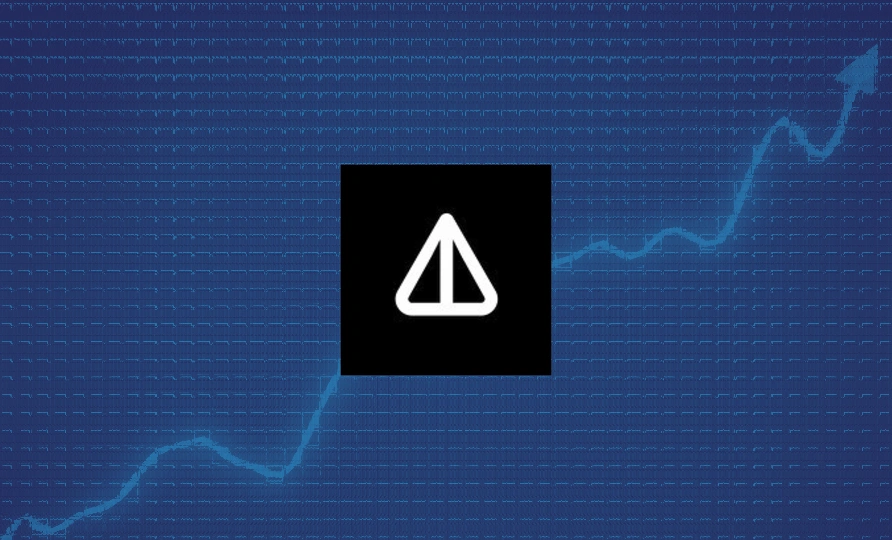In a dynamic twist to the evolving landscape of cryptocurrency regulations, European exchange Binance announced plans to delist privacy tokens in several countries, including France, Italy, Poland, and Spain.
Starting from June 26, Binance customers in these regions will no longer be able to trade privacy tokens such as Monero, Dash, and Zcash, among others. This move comes as Binance aims to comply with local laws and regulations and continue serving its users.
Privacy-focused tokens like Monero and Zcash have long been central to debates between crypto enthusiasts and governments worldwide. While these tokens offer enhanced anonymity by obfuscating blockchain transactions, authorities have expressed concerns about potential money laundering and terrorism financing activities facilitated by such privacy features.
However, the industry’s response to these regulatory pressures involves innovation and adaptation. Cryptocurrency exchanges and developers are actively exploring new ways to address privacy concerns while complying with regulatory requirements. This recent delisting by Binance may catalyze further advancements in privacy solutions within the cryptocurrency space.
Experts believe this development will spur increased investment and research into privacy-enhancing technologies. While the delisting of privacy tokens may initially appear as a setback for proponents of digital privacy, it presents an opportunity to develop alternative mechanisms that strike a balance between privacy and regulatory compliance.
Startups and blockchain projects are already stepping up to the challenge, aiming to create privacy solutions that align with evolving regulations. These solutions could range from advanced transaction mixers to privacy-preserving smart contract platforms, all designed to safeguard user privacy while addressing concerns raised by regulatory bodies.
Regulatory authorities also engage in constructive dialogue with industry participants to find common ground. Recognizing the need for innovation and the importance of privacy in the digital era, regulators are actively seeking ways to foster responsible cryptocurrency use without stifling technological progress.
While delisting privacy tokens may bring short-term disruptions, the crypto community remains optimistic about the long-term prospects for privacy-focused cryptocurrencies. As the industry adapts to changing regulations, new frameworks and technologies are expected to emerge, ensuring privacy and compliance coexist harmoniously in digital finance.
The ongoing global adoption of Anti-Money Laundering (AML) regulations, such as the Financial Action Task Force’s Travel Rule, has prompted these discussions and spurred the search for effective privacy solutions. The Travel Rule requires exchanging customer data related to crypto transactions with regulatory bodies.
Industry players are actively exploring ways to meet these requirements without compromising user privacy, striking a delicate balance that preserves the integrity of both privacy and regulatory frameworks.
The delisting of privacy tokens by Binance in select European countries signifies a new chapter in the ongoing conversation surrounding cryptocurrency regulations. Rather than viewing this as an end to privacy in the crypto world, it serves as a call to action for increased innovation, collaboration, and developing privacy solutions that align with evolving regulatory landscapes.
The industry can create a more inclusive and privacy-conscious future for cryptocurrency users worldwide by fostering an open dialogue and encouraging technological advancements.





